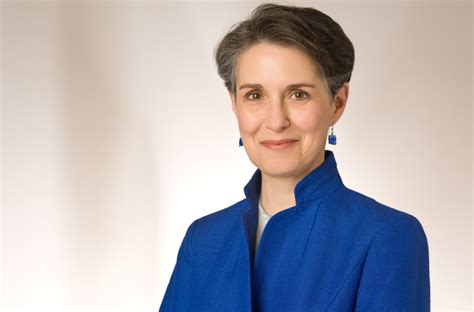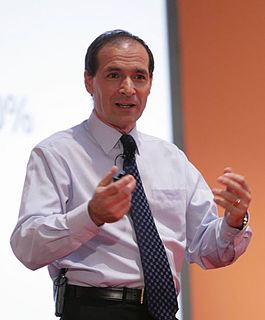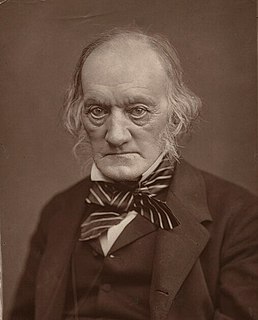A Quote by Erik Brynjolfsson
Because the process of innovation often relies heavily on the combining and recombining of previous innovations, the broader and deeper the pool of accessible ideas and individuals, the more opportunities there are for innovation.
Related Quotes
Creativity is the generation and initial development of new, useful ideas. Innovation is the successful implementation of those ideas in an organization. Thus, no innovation is possible without the creative processes that mark the front end of the process: identifying important problems and opportunities, gathering relevant information, generating new ideas, and exploring the validity of those ideas.
Innovation is a subset of creativity. Innovation often deals with product launches and is often relegated to the C-suite or to heads of R&D departments. Innovation requires creativity, but creativity is something that is much more broad. It applies to people at all levels of an organization. Today, we all are responsible for delivering "everyday creativity". Small creative acts that add up to big things.
Intellectual-property rules are clearly necessary to spur innovation: if every invention could be stolen, or every new drug immediately copied, few people would invest in innovation. But too much protection can strangle competition and can limit what economists call 'incremental innovation' - innovations that build, in some way, on others.
Someone once said that innovation is a done idea. I agree. I believe that creativity is the individual development and conceptualization and that innovation in an organizational sense is implementing ideas and intentions that come from that creativity. So in a sense, creativity is more a leadership function and innovation is more a managerial function.
If you look across the economy, if you have multiple players in an industry, you have more customization, more innovation, greater choice for consumers. The more you have consolidation, the less likely you are to invest in innovation. It becomes all about driving down cost and mass production. And that's not good for innovation in an industry.
Innovation is the specific tool of entrepreneurs, the means by which they exploit change as an opportunity for a different business or a different service. It is capable of being presented as a discipline, capable of being learned, capable of being practiced. Entrepreneurs need to search purposefully for the sources of innovation, the changes and their symptoms that indicate opportunities for successful innovation. And they need to know and to apply the principles of successful innovation.




































